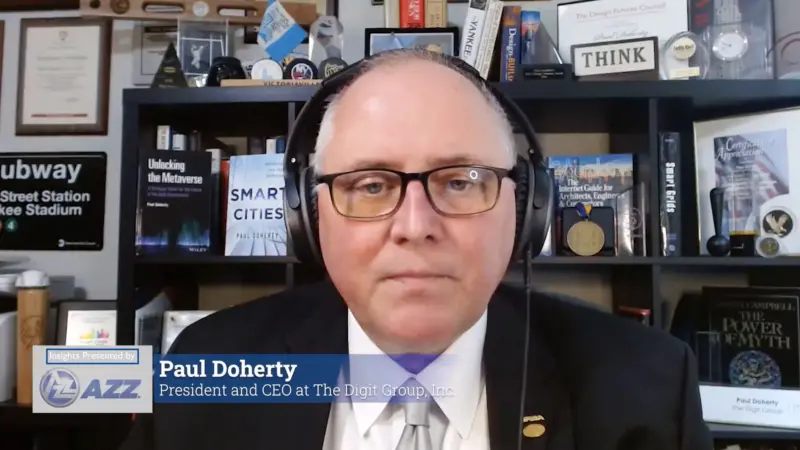Design Decision-Making, Throwing Out Assumptions, and Creating for the User
The world of design is not just about creativity. There is usually a method to the end product. In today’s ever-changing world, it’s important to push the boundaries on assumptions.
After years as a designer, guest Michael Gibson is now a professor sharing ideas and preparing the next generation of designers at the University of North Texas’s College of Visual Arts and Design.
Gibson learned a lot from his years at design firm Marvin Glass. He says it was a unique environment where “nobody told us what to design.” It was there he also experienced a human-centered approach to design.
“This approach to design was about not making assumptions,” he said. “We started with multiple ideas, because you don’t fall in love with your first one.”
The best thing any designer can do, he said, is to fail.
“The design research process is a series of prototypes. It fails,” Gibson said. “You learn from the failure, whatever it may be. You have to test the thing.”
The idea of user testing was novel some years ago but now serves as a critical part of the design process. It’s something referred to as co-creative design. Real users are part of the conversation and interact with the product.
This whole concept of user-focused design has now ushered in the age of the user experience. That’s a highly important part of modern design in every category. In the case of user experience, the academia part of design and the commercial part come together. Academia wants to understand the interaction—businesses want to identify opportunities and market to the user.
Design will continue to evolve, but one thing that will stay true is that design is forward-thinking.
“Futurecasting and speculative design are about designing for how we will live. That future could be next month or next year,” Gibson said. “It’s a purposeful design where you want to make something better.”
Hear more about the future of design, user experiences and design decision-making by listening to the conversation.
For the latest news, videos, and podcasts in the Architecture & Design Industry, be sure to subscribe to our industry publication.
Follow us on social media for the latest updates in B2B!
Twitter – @MarketScale
Facebook – facebook.com/marketscale
LinkedIn – linkedin.com/company/marketscale








